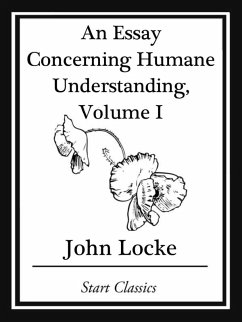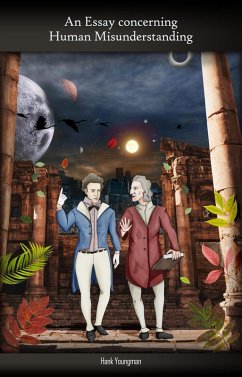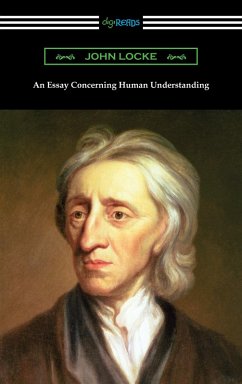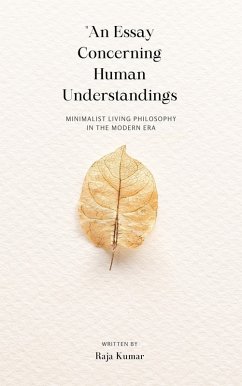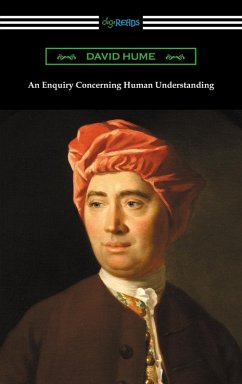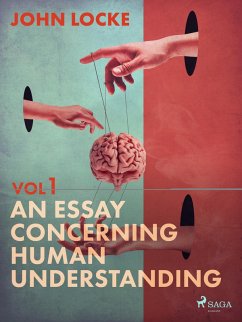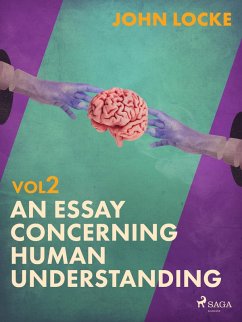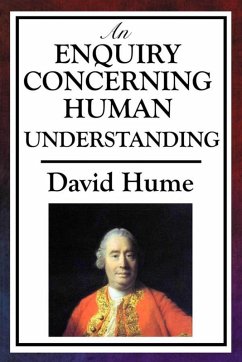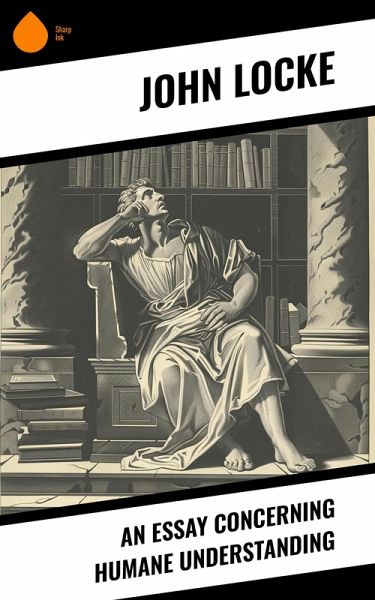
An Essay Concerning Humane Understanding (eBook, ePUB)

PAYBACK Punkte
0 °P sammeln!
John Locke's "An Essay Concerning Humane Understanding" is a seminal philosophical text that rigorously examines the nature and limits of human knowledge. Written in a clear, accessible style, Locke argues against innate ideas, positing instead that all knowledge is derived from experience. This pioneering work is structured into four books, delving into topics such as the origin of ideas, the significance of language, and the parameters of human cognition. Locke's empiricist framework challenges the rationalist perspectives of his time, situating his work within the broader Enlightenment move...
John Locke's "An Essay Concerning Humane Understanding" is a seminal philosophical text that rigorously examines the nature and limits of human knowledge. Written in a clear, accessible style, Locke argues against innate ideas, positing instead that all knowledge is derived from experience. This pioneering work is structured into four books, delving into topics such as the origin of ideas, the significance of language, and the parameters of human cognition. Locke's empiricist framework challenges the rationalist perspectives of his time, situating his work within the broader Enlightenment movement that emphasized reason and empirical inquiry. John Locke (1632-1704), an English philosopher and physician, profoundly influenced modern thought with his theories on governance, epistemology, and personal identity. His background in medicine and philosophy, alongside his interactions with other Enlightenment figures, fostered a questioning attitude towards preconceived notions of knowledge and morality. Locke's experiences, including his exile and the tumult of political change in England, shaped his reflections on human understanding and the role of experience in shaping belief systems, leading him to compose this groundbreaking treatise. "An Essay Concerning Humane Understanding" is not merely a philosophical treatise; it is an invitation to engage deeply with the processes of thought and reason. This book is essential for scholars, students, and curious minds alike who seek to comprehend the foundations of human cognition and the ongoing relevance of Locke's empiricist ideals. It challenges readers to reflect upon the sources and limits of their own understanding, making it an enduring work in the field of philosophy.
Dieser Download kann aus rechtlichen Gründen nur mit Rechnungsadresse in A, B, BG, CY, CZ, D, DK, EW, E, FIN, F, GR, HR, H, IRL, I, LT, L, LR, M, NL, PL, P, R, S, SLO, SK ausgeliefert werden.




